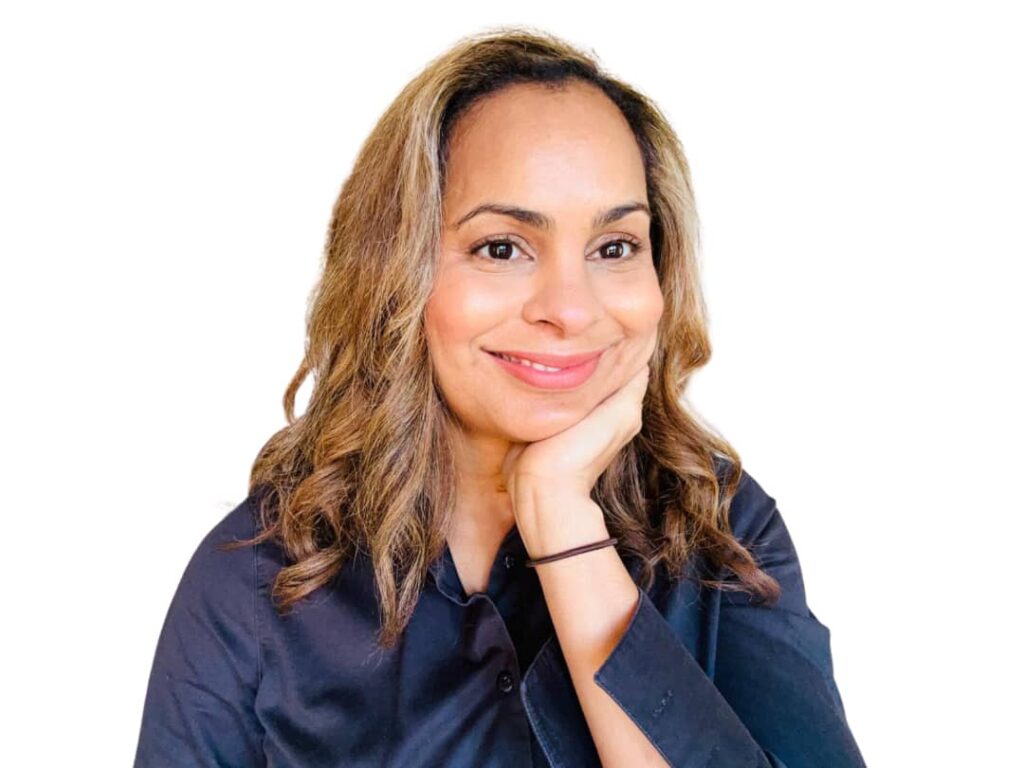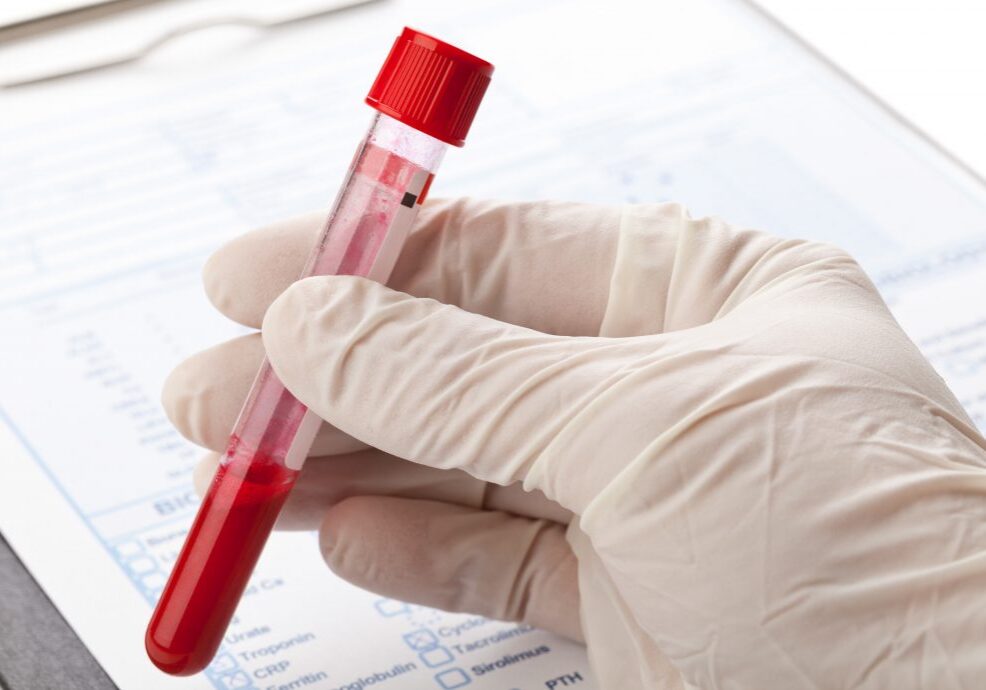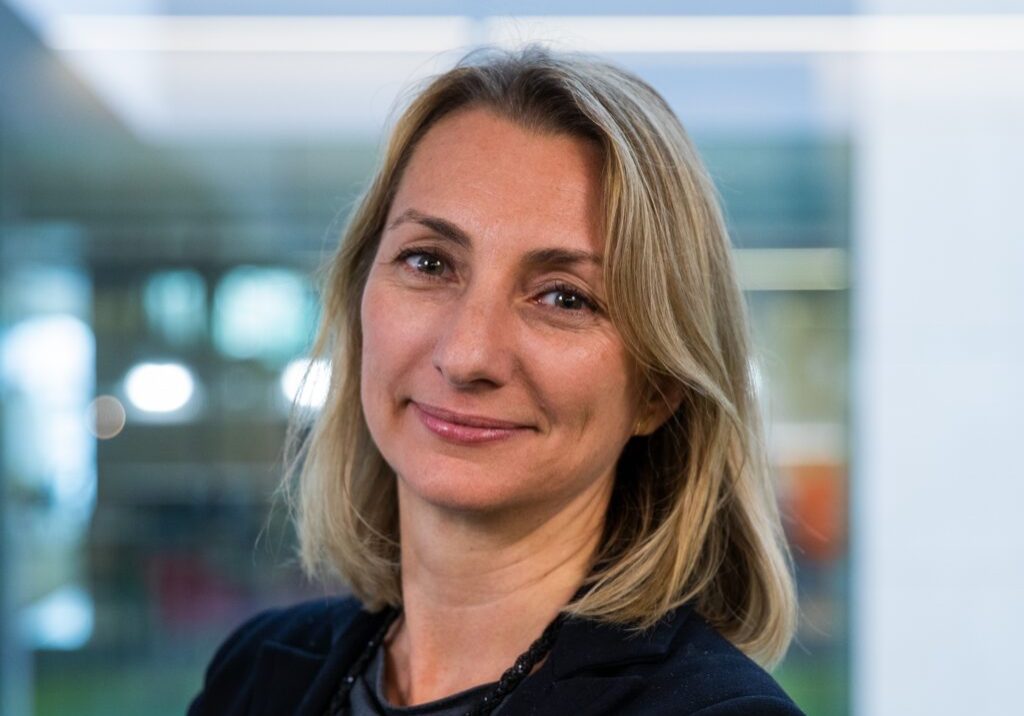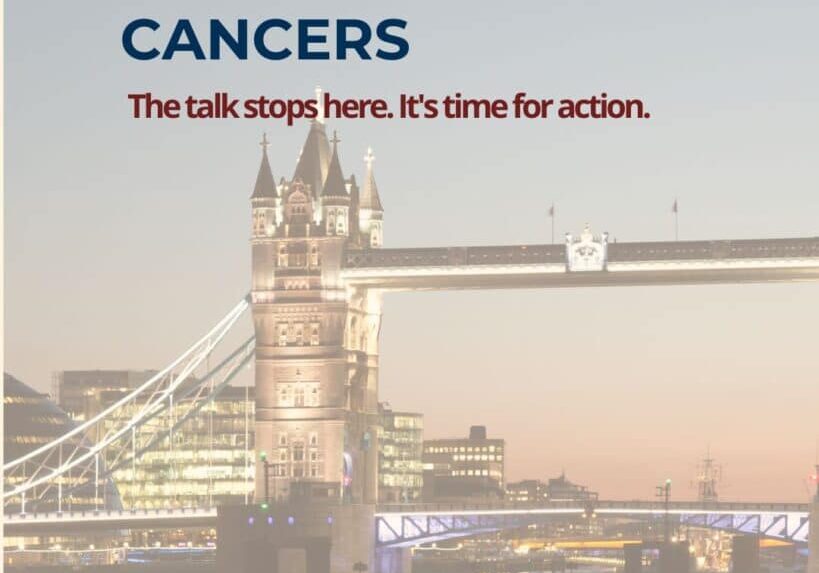Cancer Care: Why Mental Health Support Must Be Part of Every Cancer Journey
Oracle Head & Neck Cancer UK is proud to support the Daily Express Cancer Care campaign, a powerful series that shines a light on the often unseen emotional toll of cancer – and the urgent need for better psychological support for everyone affected.
The campaign published over the past three weeks featured voices from across the Oracle Head & Neck Cancer Community, a patient, a clinician and a charity leader, to share their experiences, insights and calls for change.
1. “Learning to Dance with Uncertainty” – The Patient Perspective
In the first article, Dr Josephine-Joy Wright, a consultant clinical psychologist, shares her deeply personal journey after being diagnosed with head and neck cancer.
She describes the shock of diagnosis, the isolation of recovery, and the invisible wounds that follow once treatment ends:
“The system saved my life, but who looks after me long-term?”
Despite being a mental health professional herself, Dr Wright was struck by how little psychological care was offered during her treatment. She highlights how radiotherapy and surgery can leave lasting scars – not only on the body, but on confidence, identity and relationships.
Her story is both moving and urgent: a reminder that mental health care should never be seen as optional. She calls for an “integrated, long-term psychological support system” for every cancer patient from diagnosis through recovery – because healing the person is as important as treating the disease.

2. “Standing Where Science Meets Suffering” – The Clinician Perspective
In the second piece, Dr Zsuzsanna Iyizoba-Ebozue – an oncologist and Clinical Lead for Oracle Voices – shares what it’s really like to deliver devastating news to patients every day.
“Each consultation is a delicate balance between clinical precision and deep human emotion…the emotional toll this takes on us is unspoken.”
Dr Iyizoba-Ebozue explains that both patients and clinicians face emotional strain: patients coping with fear and uncertainty, clinicians battling compassion fatigue and burnout. She calls for a culture of compassionate care that supports mental health on both sides of the consultation table.
“Supporting mental health in cancer care must work in both directions. For patients, it means accessible psychological support embedded in services. For clinicians, it means a system that cares for us too.”

3. “The After Is Harder Than the Treatment Itself” – The Charity Perspective
In the final article, Gareth Thomas, Interim Chief Executive of Oracle Head & Neck Cancer UK, reflects on the experiences shared by patients and clinicians, and the wider systemic issues at play.
Head and neck cancer is one of the fastest-growing yet least-understood cancers in the UK, affecting more than 17,000 people every year. Treatments are complex and life-changing, and the psychological fallout can be profound.
“We hear time and again that the ‘after’ is harder than the treatment itself,” says Gareth. “Patients tell us the support they received during care disappears almost overnight once hospital visits stop.”
Through Oracle’s work, including our Oracle Voices patient advisory group, research funding and support for healthcare professionals, we are fighting to ensure that mental health is recognised as an essential part of cancer care, not an afterthought.
“We need a system that sees the whole person, not just the tumour,” Gareth adds.
“Survival is only the first step. Living well afterwards must be the goal.”

Why This Matters
These stories reveal the full picture of what living with and beyond cancer really means. They remind us that behind every statistic is a human story of courage, loss and resilience.
At Oracle Head & Neck Cancer UK, we stand alongside the Daily Express in calling for:
- Mental health support for every cancer patient from the point of diagnosis through long-term recovery
- Investment in psycho-oncology services across the NHS
- Better emotional support for clinicians, who carry their own burden of care
Because cancer doesn’t end when treatment does – and no one should face the aftermath alone.
Read the full articles on the Daily Express website:

Using the power of football to help prevent cancer
This week, Oracle Head & Neck Cancer UK has launched an important awareness campaign in partnership with Bromley FC, using the reach of football to shine a light on head and neck cancer prevention and the life-saving importance of the HPV vaccine. Throughout the week, Bromley FC is sharing trusted health information with its supporters,…

Ground-breaking blood test shows promise for early detection of head & neck and other hard-to-screen cancers
A new large-scale trial has found that the blood-based screening test known as Galleri test can detect more than 50 types of cancer – including cancers of the head and neck, which currently have no routine screening programme – and may significantly boost early diagnosis. The trial showed that, when used alongside existing screening methods,…

2 Minutes to Save Your Life: Oracle Launches HeadNeckCheck Campaign for Make Sense Week
This Make Sense Week (15-20 September), the European-wide head and neck cancer awareness initiative, Oracle Head & Neck Cancer UK, is championing both prevention and early detection – recognising that stopping cancer before it starts is just as vital as catching it early. Two Ways to Fight Cancer This Week Prevention Today: Head and neck…

Leadership update
After four successful years as CEO, Tamara Kahn has transformed Oracle into a respected national voice for head and neck cancer patients. She established a national presence, created a four-pillar RACE strategy (Research, Awareness, Collaboration and Patient/Community Engagement) and built strong policy influence. With these foundations now firmly in place, Tamara will transition from her…

Finding Light in Adversity: Seven inspiring stories through head and neck cancer
A new collection of patient stories from Oracle Head and Neck Cancer UK reveals how individuals facing head and neck cancer have discovered unexpected sources of strength, purpose and even joy during their treatment and recovery. The seven contributors share remarkably similar themes despite their unique journeys. Almost all emphasise the power of maintaining a…

NHS to fast-track patients with head and neck cancer into cancer vaccine trial
Patients with advanced head and neck cancers in England will be fast-tracked into a trial of a new cancer vaccine, as the NHS expands its world-leading trial ‘match-making’ service. The investigational cancer vaccine uses mRNA technology to help the immune system recognise and kill cancer cells containing human papillomavirus proteins. More than 100 patients with advanced head…

World Head and Neck Cancer Awareness Day 2025: The HPV Vaccine Could Save Your Life
27th July 2025 This World Head and Neck Cancer Awareness Day, Oracle Head and Neck Cancer UK has a simple but urgent message: HPV vaccination saves lives. With HPV-related head and neck cancers having doubled in the past 20 years, the charity is using today to remind the public that these devastating cancers are preventable…

Data from the National Disease Registration Service on HPV associated and HPV independent oropharyngeal squamous cell carcinoma
The Get Data Out Programme from the National Disease Registration Service (NDRS), part of NHS England, has published statistics on incidence, routes to diagnosis and treatment for patients diagnosed with oropharyngeal cancer in England by human papillomavirus (HPV) status. To our knowledge this is the first time data on oropharyngeal cancer by HPV status has…

Join Us for an Evening of Research, Impact, and Conversation
Research & Impact EveningDate: Monday 28th April 2025Time: 6:00 PM – 8:30 PMVenue: Skyline, Tower Suites, 100 Minories, London EC3N 1JY A Celebration of Research Join us for a meaningful and action-focused evening where we’ll be diving into some of the big conversations around head and neck cancer – especially those linked to HPV (human…

What the Rare Cancers Bill Means for Head & Neck Cancer
14 March marked a crucial moment for research into rare cancers, as the Rare Cancers Bill took another significant step toward becoming law! Dr. Scott Arthur, a Labour MP, introduced this legislation in Parliament to drive much-needed research into cancers affecting fewer than 1 in 2000 people in the UK – including many types of…


